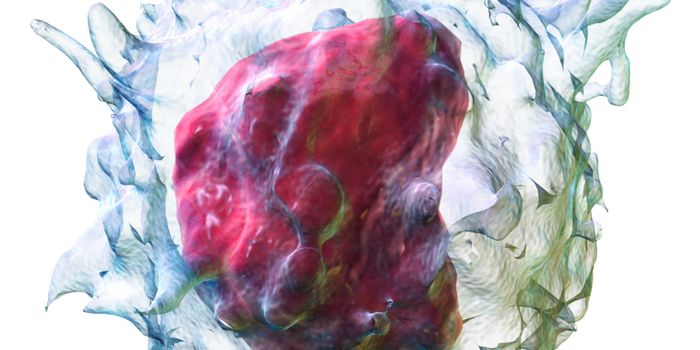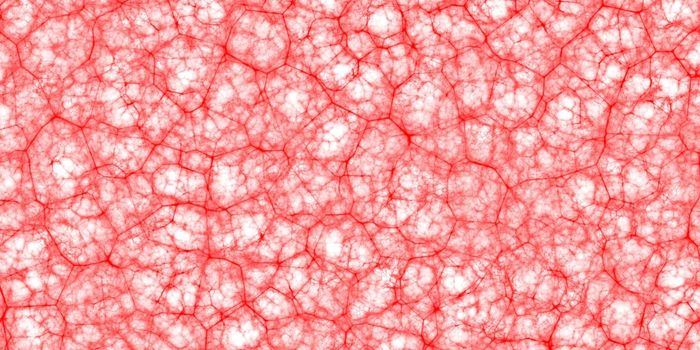New combination therapy may help patients with treatment resistance
New research from scientists at the UCLA Jonsson Comprehensive Cancer Center showcases a novel combination therapy that could help cancer patients who have developed resistance to certain treatments. The combination therapy, which is described in the journal Cancer Discovery, holds potential for treating BRAF mutated melanoma as well as subtypes of melanoma, lung, pancreatic and colon cancers with RAS or NF1 mutations.
Conventional therapies that target the MAPK cancer pathway are limited in that they only work on cancers that have certain mutations in the BRAF cancer gene. Even in these cases, patients often experience treatment resistance and tumor recurrence is a concern for many patients. This research aimed to suppress the MAPK pathway in a unique way.
"The idea behind this study was to develop a combination treatment that helps people with common lethal cancers by eliciting durable anti-tumor responses," said senior author Roger Lo, MD, PhD, who is a professor of medicine at the David Geffen School of Medicine at UCLA. "Right now, MEK inhibitors by themselves provide limited clinical benefits, and the current MAPK pathway-targeted, combination therapy can help only certain patients with cancers harboring specific BRAF mutations."
To address this, the research team considered how a combination therapy of a MEK inhibitor and a second-generation RAF inhibitor (known as MEKi and type II RAFi) could treat cancer more effectively and deter resistance. They tested this combination on models of melanoma, non-small cell lung cancer, pancreatic cancer and colon cancer.

"It is quite remarkable that two drugs were able to bind to each of two proteins and sequester them from further propagating signals inside the cancer cells," said co-senior author Gatien Moriceau, PhD, who is an assistant adjunct professor at the David Geffen School of Medicine at UCLA. "The combination unexpectedly preserves killer T-cells inside the tumors, which allows them to hunt down drug-resistant tumor clones. This favorable impact on T-cells paves the way to combine MAPK-targeted therapies with anti-PD-1/L1 immune checkpoint therapy."
The combination therapy is now being tested in clinical trials for melanoma and non-small cell lung cancer.
Sources: Cancer Discovery, Eureka Alert








